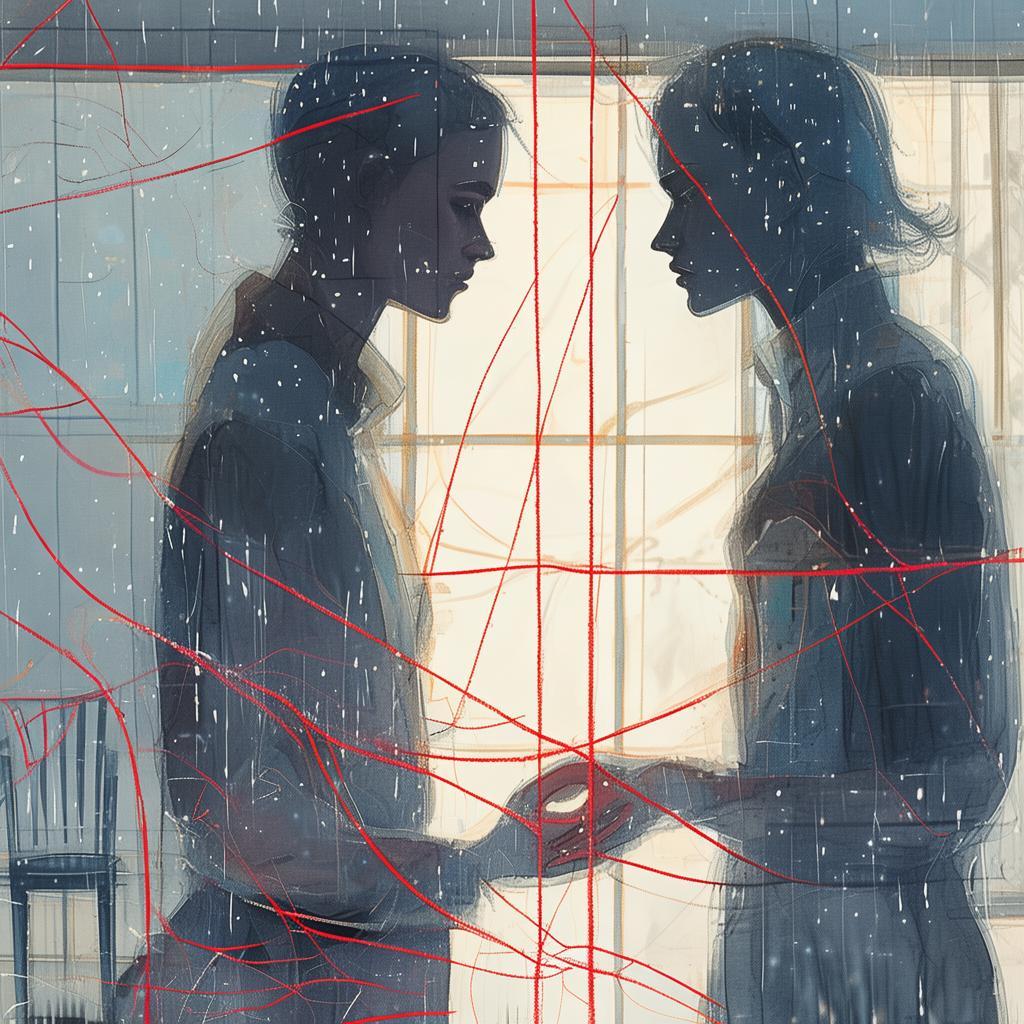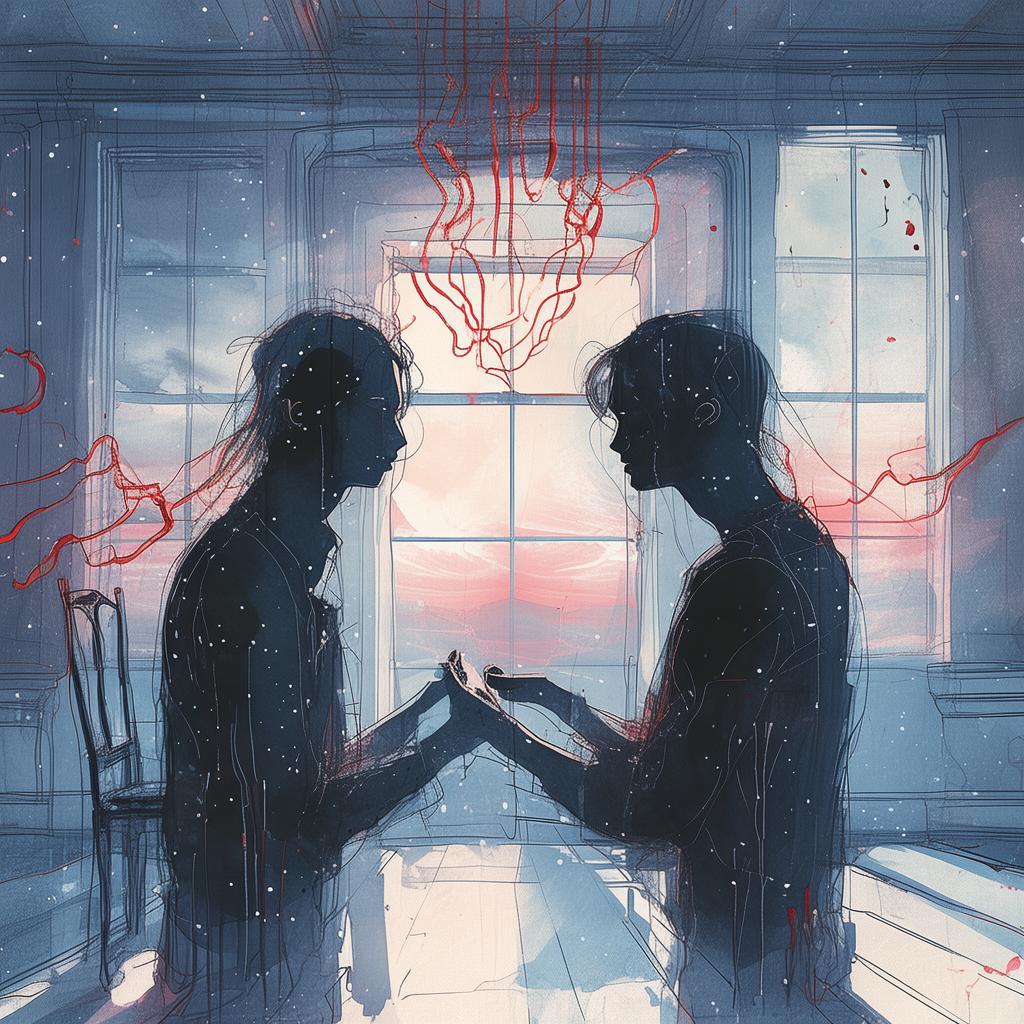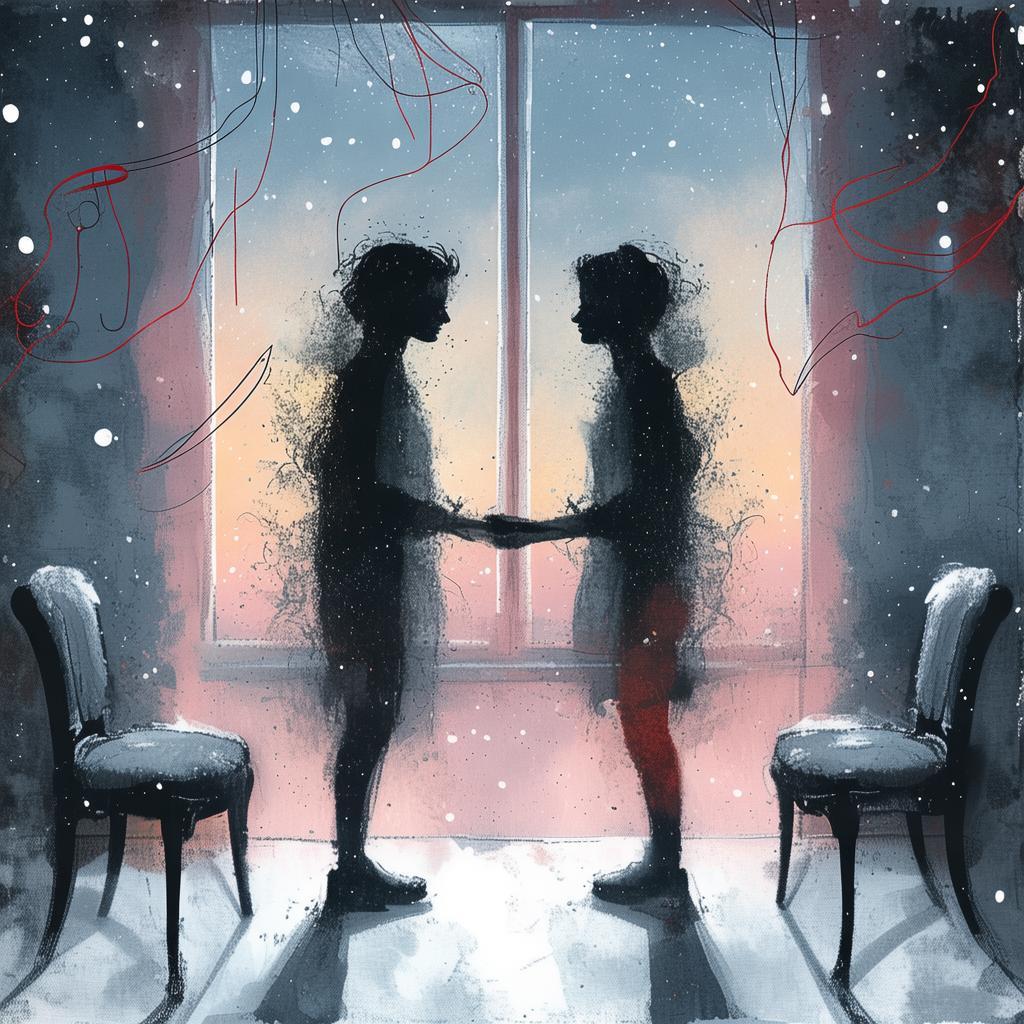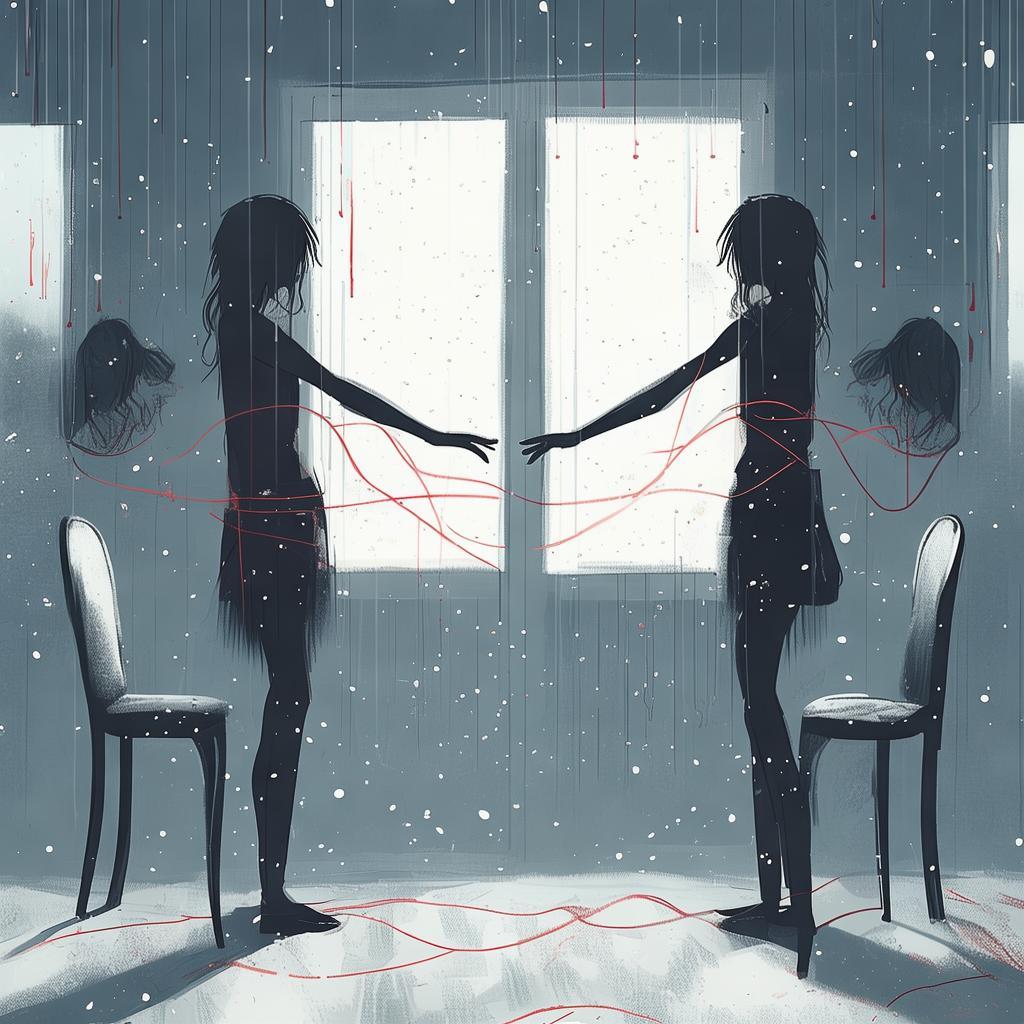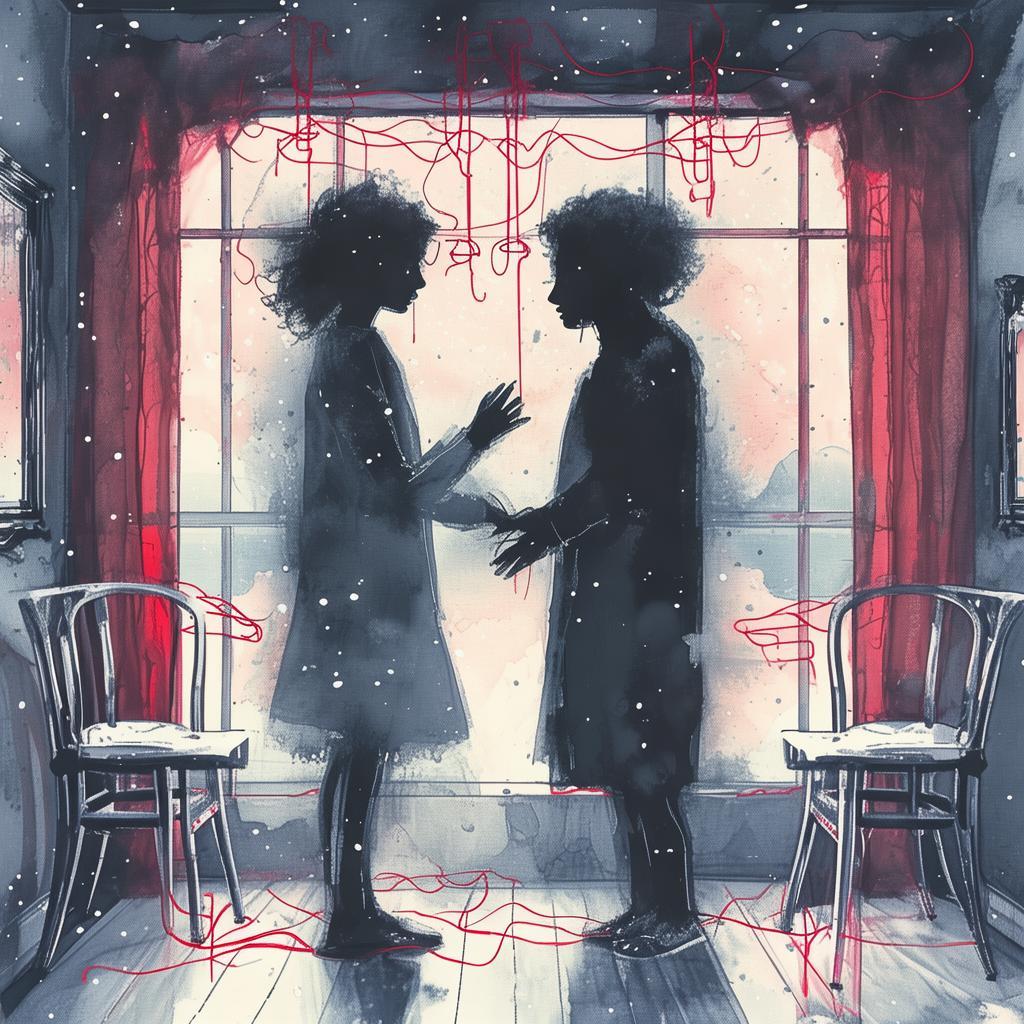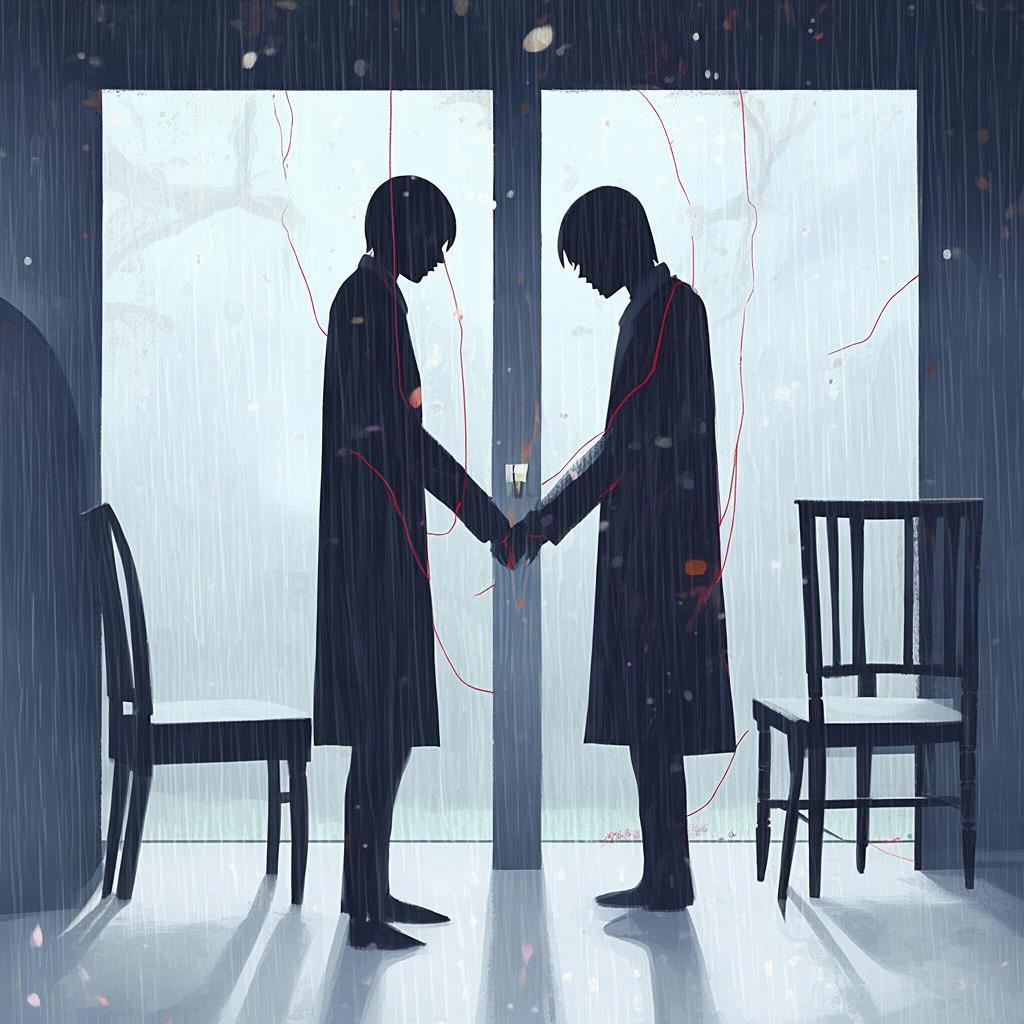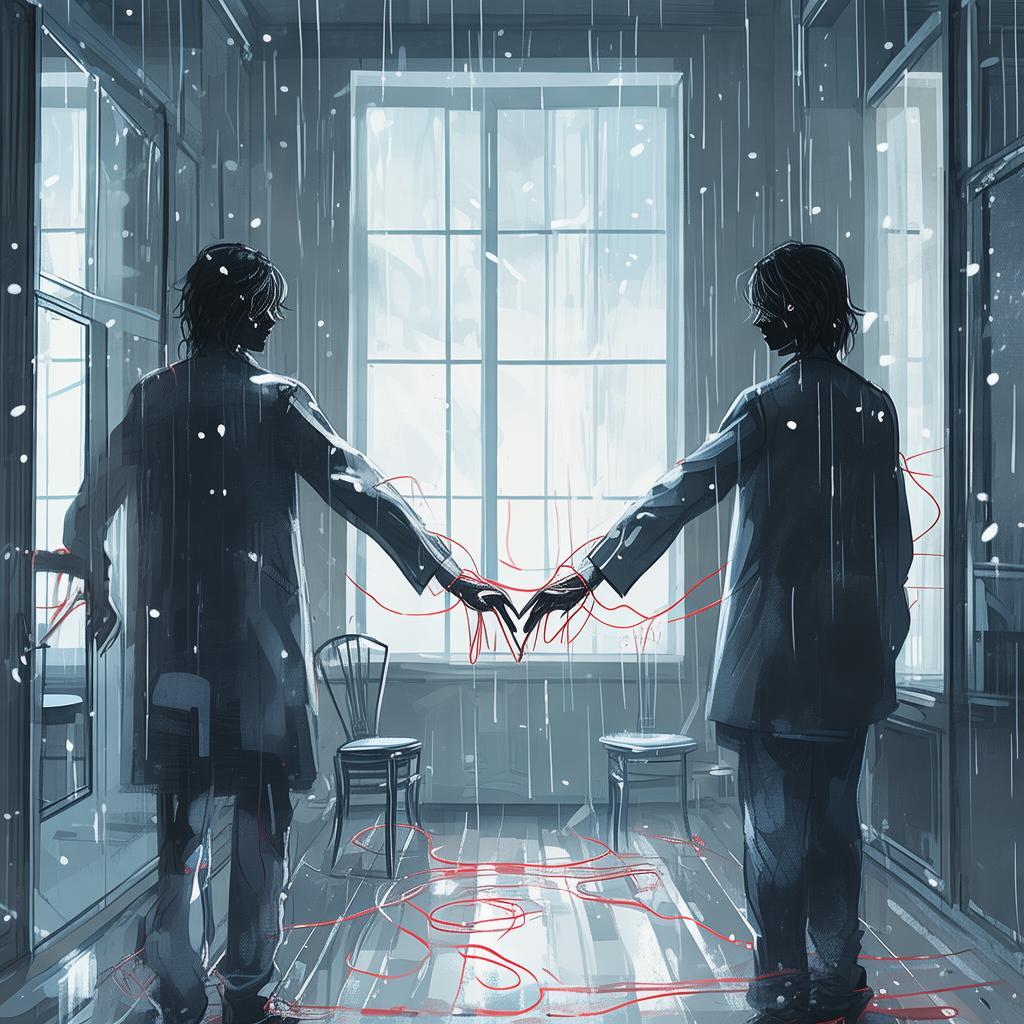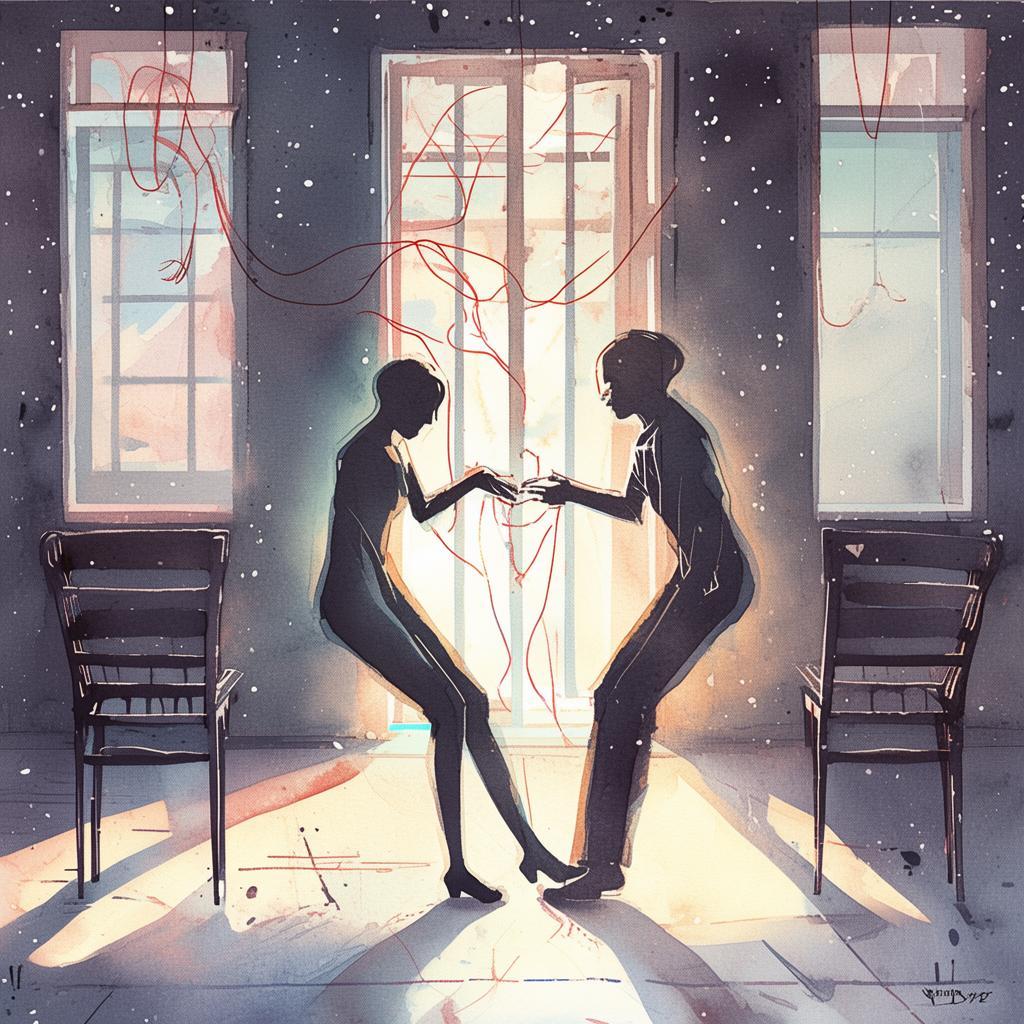The Lyrical Shadow of the Peking Opera Cat
In the heart of the ancient city of Peking, where the streets echo with the melodic whispers of the past, there lived a cat named Lao. Lao was no ordinary feline; he was a Peking Opera cat, a creature of the night, whose fur shimmered with a coat of stars that only the moon knew how to paint. His eyes held the wisdom of ages, and his form was the silent witness to the countless tales of love, loss, and redemption that the opera had to tell.
The Veiled Moon, the enigmatic guardian of the night sky, cast its soft glow upon the cat's domain. It was under the veil of this celestial body that Lao found his purpose. Every night, he would leap from the rooftop to the stage, a silent guardian of the performances that would unfold below. His feline grace was as much a part of the dance as the actors' movements, and his eyes, the windows into the souls of the characters he portrayed.
Mystery wrapped around Lao like the silk robes of the opera performers. No one knew the source of his existence or the reason behind his silent vigil. He was a legend in his own right, whispered about in hushed tones, as if the very mention of his name could conjure the shadows he so effortlessly navigated.
One fateful night, as the moon climbed higher in the sky, a young man named Mei took his seat among the audience. Mei was an actor, a man whose life was a series of performances, both on and off the stage. His heart was as full of passion as the stage was of drama, but his love life was as empty as the seats before the curtain had risen.
As the performance began, Mei's eyes were drawn to the cat on the rooftop. There was something in the cat's gaze that spoke to him, a silent promise or perhaps a challenge. The story of the night's performance was about love and loss, about the pain of separation and the longing for reunion.
The enigma deepened when, in the midst of the performance, Lao leaped down from his perch and entered the stage. His presence was a jolt, a moment of disbelief for the audience. Yet, as the story progressed, it became clear that Lao was not just an intruder; he was an integral part of the tale. His movements, his eyes, and his silent whispers were the soul of the story, the essence of love that the characters themselves could not express.
Mei watched in awe as Lao danced, sang, and cried, all in perfect harmony with the actors below. He saw the love between two souls that were bound by fate, yet separated by the very world that seemed to be holding them apart. The performance was a revelation, a peek into the enigmatic heart of love.
After the curtain fell, Mei found himself on the rooftop, where Lao had appeared. He knelt, his heart pounding with the realization that he had seen something truly magical. "Thank you," he whispered, though he knew Lao could not hear him. The cat's eyes met his, and for a moment, they were connected by a silent understanding.
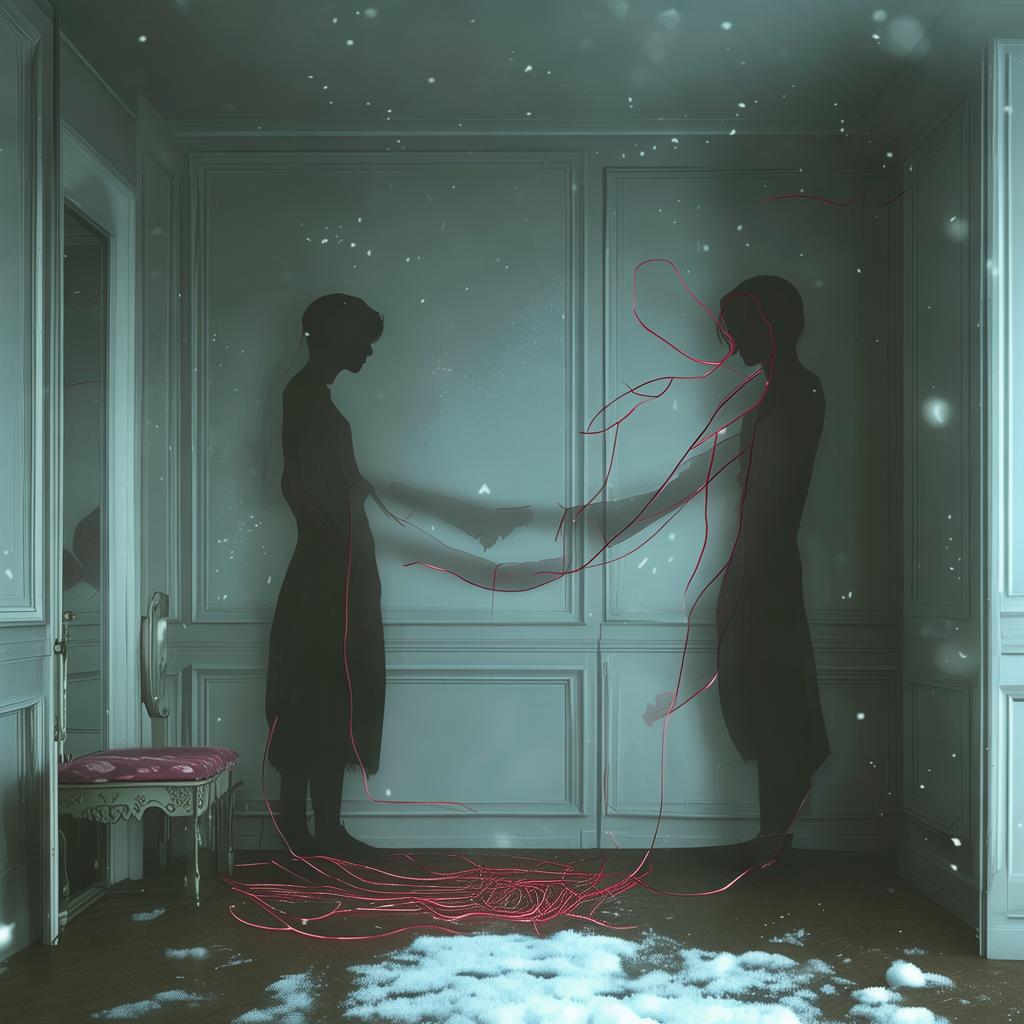
Days turned into weeks, and Mei continued to visit the rooftop, to watch the performances and to see Lao. Slowly, the enigma of the cat's existence began to unravel. He learned that Lao was a spirit, a guardian of the arts, a bridge between the performers and the audience. The cat was not just an observer; he was a part of the magic that made the Peking Opera what it was.
One night, as the moon was full and bright, Lao called out to Mei. "You have a gift," he said, his voice a whisper that carried the weight of the ages. "You see beyond the veil of the stage. You feel the pain and joy of the characters, and that is what makes you a true artist."
Mei looked at the cat, his eyes brimming with unspoken questions. "What do I do with this gift?" he asked.
Lao's eyes softened, and he smiled. "Use it to tell your own story. Let your heart guide you, and the audience will follow."
From that night on, Mei's performances became more profound, more moving. He no longer acted; he lived each role, each moment, with the depth of Lao's eyes. And as for Lao, he continued to watch over the opera, a silent sentinel, a guardian of love, and a guide for those who dared to see beyond the veil.
In the end, it was not the performances that brought the most profound change; it was the bond that formed between Mei and Lao. A bond that was as enigmatic as the moon itself, a bond that would last beyond the final curtain call, a bond that was the revelation of love in the enigmatic heart of the Peking Opera.
✨ Original Statement ✨
All articles published on this website (including but not limited to text, images, videos, and other content) are original or authorized for reposting and are protected by relevant laws. Without the explicit written permission of this website, no individual or organization may copy, modify, repost, or use the content for commercial purposes.
If you need to quote or cooperate, please contact this site for authorization. We reserve the right to pursue legal responsibility for any unauthorized use.
Hereby declared.

